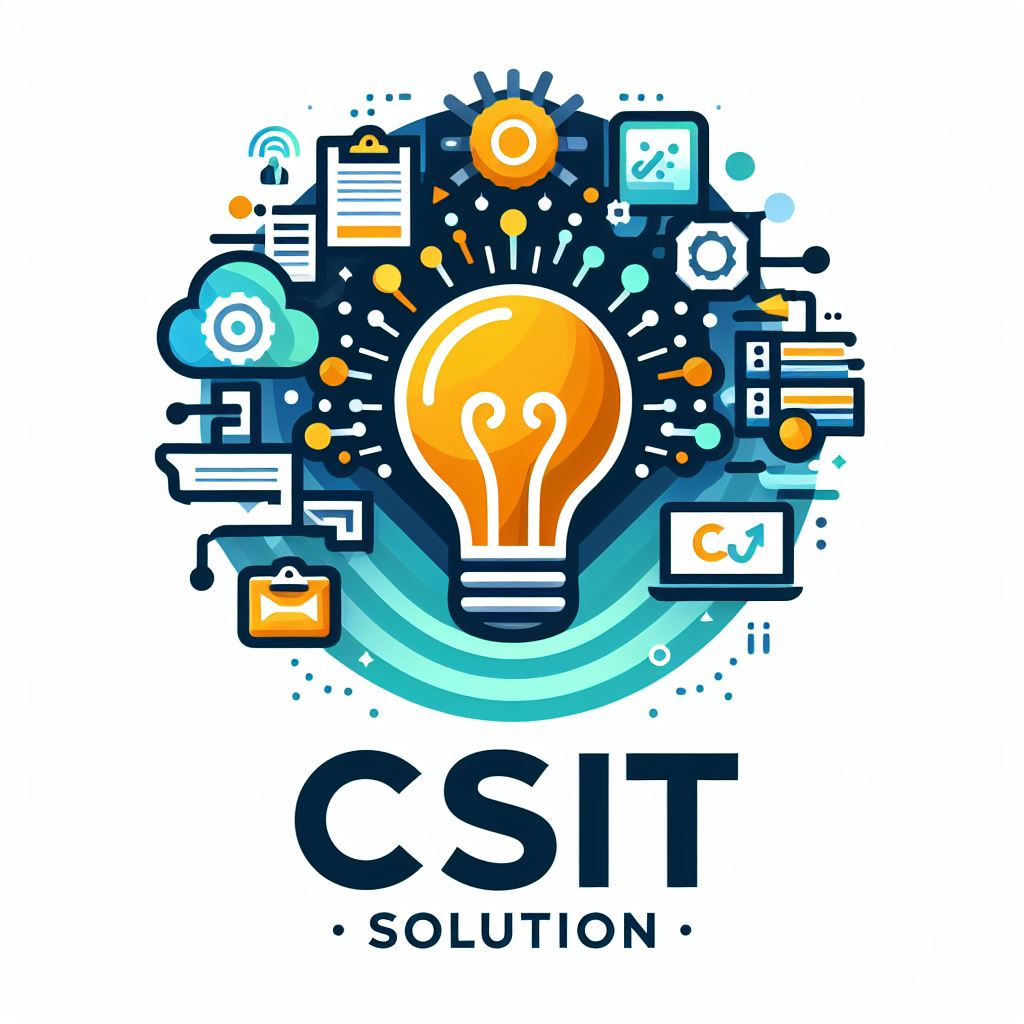Advanced Database
Course Title: CSC461 Advanced Database
Full Marks: 60 + 20 + 20
Pass Marks: 24 + 8 + 8
Nature of the Course: Theory + Lab
Credit Hours: 3
Semester: VIII
Course Description:
This course includes advanced concepts of database systems. The main topics covered are advanced concepts of relational data model, Extended E-R model, new database management technologies, query optimization, NoSQL databases, and big data processing techniques.
Course Objectives:
- Understand new developments in database technology.
- Interpret and explain the impact of emerging database standards.
- Evaluate the contribution of database theory to practical DBMS implementations.
- Develop advanced applications using MapReduce and Hadoop.
Course Contents:
Unit 1: Enhanced Entity Relationship Model and Relational Model (8 Hrs.)
- Entity Relationship Model Revised; Subclasses, Superclasses, and Inheritance; Specialization and Generalization; Constraints and Characteristics of Specialization and Generalization; Union Types; Aggregation.
- Relational Model Revised; Converting ER and EER Model to Relational Model; SQL and Advanced Features; Concepts of File Structures, Hashing, and Indexing.
Unit 2: Object and Object Relational Databases (10 Hrs.)
- Object Database Concepts; Object Database Extensions to SQL; The ODMG Object Model and Object Definition Language (ODL); Object Database Conceptual Design.
- Object Query Language (OQL); Language Binding in the ODMG Standard.
Unit 3: Query Processing and Optimization (7 Hrs.)
- Concept of Query Processing; Query Trees and Heuristics for Query Optimization; Choice of Query Execution Plans; Cost-Based Optimization.
Unit 4: Distributed Databases, NOSQL Systems, and BigData (12 Hrs.)
- Distributed Database Concepts and Advantages; Data Fragmentation, Replication, and Allocation Techniques for Distributed Database Design; Types of Distributed Database Systems; Distributed Database Architectures.
- Introduction to NOSQL Systems; The CAP Theorem; Document-based, Key-value Stores, Column-based, and Graph-based Systems; BigData; MapReduce; Hadoop.
Unit 5: Advanced Database Models, Systems, and Applications (8 Hrs.)
- Active Database Concepts and Triggers; Temporal Database Concepts; Spatial Database Concepts; Multimedia Database Concepts; Deductive Database Concepts; Introduction to Information Retrieval and Web Search.
Laboratory Works:
Students should implement different concepts of database systems studied in each unit during lab sessions and submit a mini project at the end of the course.
Recommended Books:
- Elmasri and Navathe, Fundamentals of Database Systems, Pearson Education.
- Raghu Ramakrishnan, Johannes Gehrke, Database Management Systems, McGraw-Hill.
- Korth, Silberchatz, Sudarshan, Database System Concepts, McGraw-Hill.
- Peter Rob and Coronel, Database Systems: Design, Implementation, and Management, Thomson Learning.
- C. J. Date & Longman, Introduction to Database Systems, Pearson Education.
- Tiwari, Shashank and Safari, Professional NoSQL, O'Reilly Media Company.
- Gunarathne, Thilina, Hadoop MapReduce v2 Cookbook: Explore the Hadoop MapReduce v2 Ecosystem, PACKT Publishing.
- Ecosystem to Gain Insights from Very Large Datasets, 2nd Edition, PACKT Publishing, 2018.
